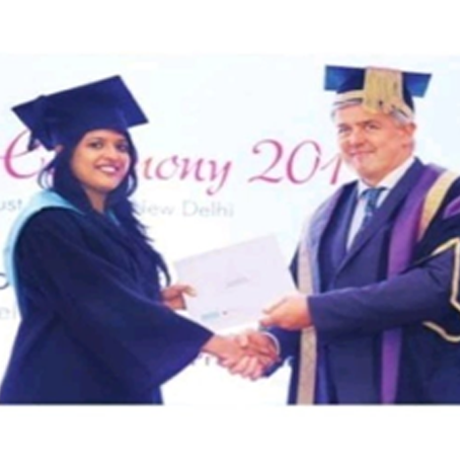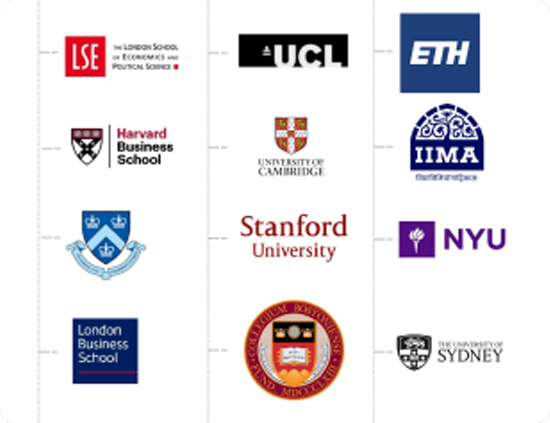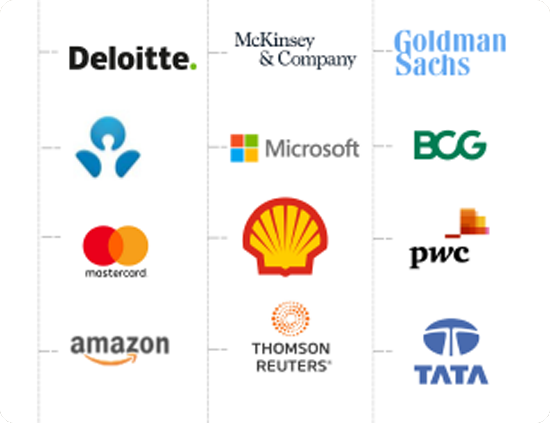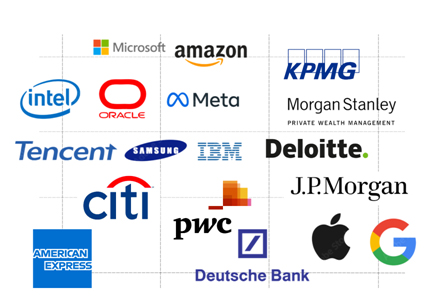Postgraduate Programme in Data Science
The Indian School of Business & Finance (ISBF), in collaboration with The London School of Economics and Political Science (LSE), is excited to launch a groundbreaking Postgraduate Programme in Finance. This comprehensive 18-month course is India’s first postgraduate programme co-designed and delivered by LSE & KPMG


Why do a Postgraduate Programme (PGP) Finance at ISBF?

Global Recognition and Credentials :
Upon successful completion, students receive a diploma from
the University of London (UoL), stating their completion of the LSE curriculum.

Academic Excellence Under LSE Guidance :
The PGP is academically directed by the London School of Economics and
Political Science. LSE is ranked 1st in the UK and 2nd among global universities for the Social Sciences and Management by
the QS World University Rankings, 2018.

Get a certificate by KPMG :
Equipped with insights from KPMG professionals, students gain a competitive
edge to accelerate their careers in top-tier companies across various sectors.

Hands-on Learning :
Our program combines a research-driven curriculum with 8 months of industry
expert-led training, offering students practical insights and real-world applicability. Students participate in capstone
projects & learn technical tools like powerBi, Tableau.
Teaching Plan
Asset Pricing & Financial Markets 1
Financial Reporting 1
Principles of Corporate Finance 1
Valuation & Security Analysis 1
Financial Management -l
Security Analysis & Investment Management
Quantitative Finance -1
By KPMG EXPERTS
Overview of Planning, Budgeting & Forecasting & Management Accounting Capital planning & budgeting Revenue & Expenses
Interdisciplinary LSE Capstone Project
Asset Pricing & Financial Markets 2
Financial Reporting 2
Principles of Corporate Finance 2
Valuation & Security Analysis 2
Financial Management 2
Applications in Risk Management
Quantitative Finance -2
By KPMG EXPERTS
Overview of Planning. Budgeting & Forecasting & Management Accounting Capital planning & budgeting Revenue & Expenses
Credit Risk Management
Corporate Restructuring and Valuations
By KPMG EXPERTS
Financial modelling
Security Valuation
Mergers & Acquisitions
Uses of Finance-Technology Platforms: Excel, PowerPoint, Tableau/ Power Bi
Hear from our Alumni

Priya Bansal
BSC (HONS) ECONOMICS '17
Batch of 2017
MSc Economics at LSE on full scholarship
Assistant Professor, ISBF
The journey was very eventful. I spent sleepless nights studying, and that’s how I achieved the LSE scholarship. I would like to mention my teachers,
who were very supportive throughout these 3 years of my life.
Pranay Agrawal
BSC (HONS) ECONOMICS '17
Batch of 2013
Analyst, CRISIL Ltd
Equity Research Analyst, Goldman Sachs
There was no disconnect moving from academic years to professional years. I was taught to think critically, and be aware of what’s happening around the world. Today, when I look back, I think a lot of what I am able to connect to is because of my learning at ISBF.

Your Path Forward
Postgraduate Destinations

With a well-rounded degree, you will have an edge over the others when applying for Masters’, internationally. You can pursue courses in the following domains:
Job Roles

The business & management programme at
ISBF equips you with real-world skills
that you can apply to the
following career paths:
Admission Process
Eligibility

General Eligibility :
● You must hold an acceptable bachelor’s degree OR an equivalent qualification; OR evidence of at least two years’ relevant work experience.
● For working professionals applying for PGP Data Science or Finance, a professional reference is required.
● IDGET Exemptions on the basis of:
○ GMAT: 620 or above
○ GRE: 280 points or above
○ CAT: 85 percentile or above
PGP Finance Eligibility :
● Students from all disciplines are welcome to apply, as long as they demonstrate basic understanding of core subjects like economics, mathematics,
and statistics, at least to the level of a typical first-year undergraduate course.
● Exemptions for IDGET are available on the following basis
○ Qualified CA / CMA / CFA / CIMA / ACCA or equivalent.*
* Exemptions will only be granted if evidence provided is valid and acceptable.
Potential Roles and Recruiters
Graduates from our institution are in great demand across the world, securing roles in various sectors. They embark on successful careers as accountants, auditors, tax experts, financial analysts, fund managers, traders, brokers, and investment researchers, among others. Notable employers include well-known firms like Deloitte, EY, KPMG, PwC, Lloyds Banking Group, Grant Thornton, Deutsche Bank, BDO, and HSBC, to mention just a few.

Is this
programme right for me?
Talk to ISBF’s admissions’ team to understand if you are a good fit for this programme.
Explore Scholarships
Click here to know moreFrequently Asked Questions
Admission to ISBF is a 3-step process. The first step is to fill out the application form with all the required details. Next, you have to appear for the ISBF Entrance Test (iGDET). Finally, the shortlisted students will have to appear for a Personal Interview.
Exemption for the iGDET can be on the basis of:
If a candidate has -
- 650 or above in GMAT, or
- 90%ile+ in CAT, or
- 300 or above in GRE
